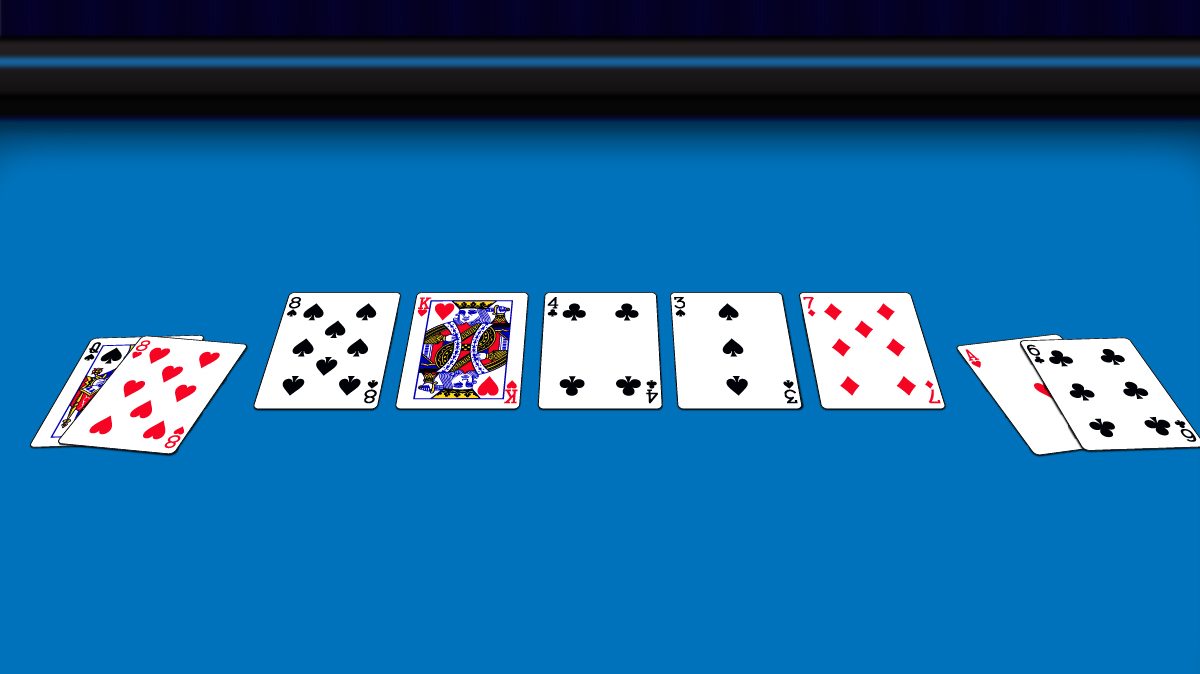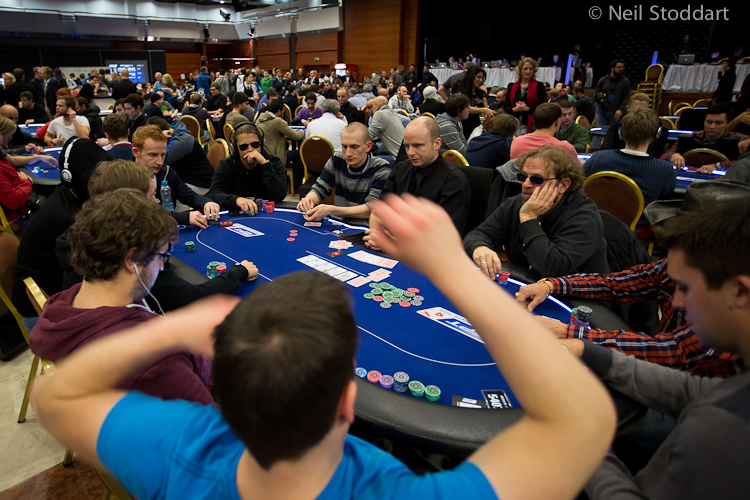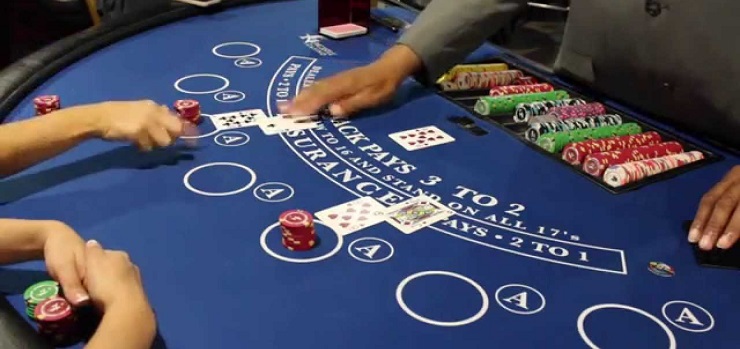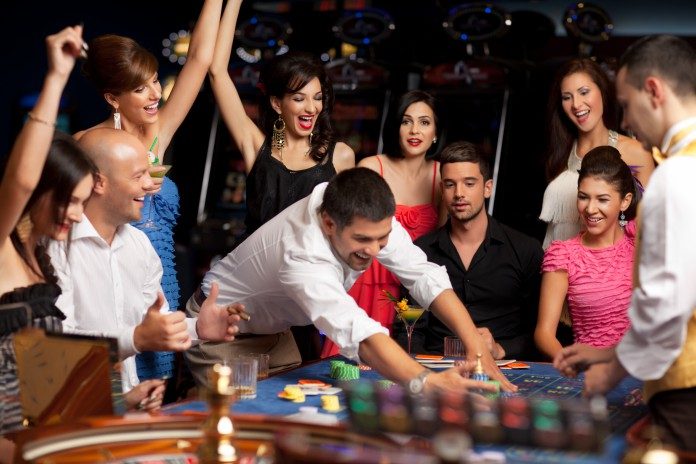Mastering Hold’em Odds: Using Math to Improve Your GameMastering Hold’em Odds: Using Math to Improve Your Game
0 Comments 9:17 amIn the realm of Texas Hold’em poker 홀덤보증업체, honing your grasp of odds can propel your gameplay from amateur to adept. Proficiency in the mathematical probabilities underpinning every move empowers players to make judicious decisions that heighten their odds of success. Within this extensive guide, we navigate the nuances of poker odds, furnishing you with the insights to augment your strategic acumen at the gaming table.
Understanding Poker Odds
Poker is a realm of probabilities, where decisions ideally hinge on the likelihood of outcomes. When delving into poker odds, we delve into the chances of a hand prevailing over another or the prospect of crafting a specific hand by the river.
Calculating Hand Odds
The fundamental concept in poker odds is calculating the odds of improving your hand. This is crucial for making decisions such as whether to call a bet, raise, or fold. The calculation involves understanding:
The Rule of 2 and 4
A simple yet powerful rule used by many players is the “Rule of 2 and 4”. This rule provides a quick estimate of the percentage probability of improving your hand:
- On the flop: Multiply outs by 4 to get an approximate percentage.
- On the turn: Multiply outs by 2 to get an approximate percentage.
Key Concepts in Poker Probability
To master Hold’em odds, familiarize yourself with these key concepts:
Outs
Outs are the number of cards left in the deck that will improve your hand. For instance, if you have a flush draw, there are typically 9 outs (13 possible cards minus the 4 already in your hand).
Pot Odds
Pot odds play a crucial role in deciding if a call is profitable, calculated by comparing the bet size to the pot size. If the likelihood of completing your draw exceeds the pot odds, making the call could lead to a profitable outcome.
Expected Value (EV)
Expected value is a crucial computation for evaluating the potential profitability of a decision. Opting for a positive EV decision is anticipated to generate long-term profits, whereas choosing a negative EV decision is likely to lead to losses.
Advanced Strategies for Using Poker Odds
Implied Odds
Implied odds consider not only the current pot odds but also potential future bets if you hit your draw. This concept is crucial in situations where your opponent is likely to pay off a large bet if you make your hand.
Reverse Implied Odds
Conversely, reverse implied odds refer to the potential losses if you hit your draw but still have the second-best hand or face a better hand from your opponent.
Practical Applications of Poker Math
Scenario Analysis
To apply poker math effectively, practice scenario analysis. Consider hypothetical situations and calculate the odds and expected value of different decisions.
Hand Examples
Consider this practical example:
Example: Flush Draw on the Flop
You hold two hearts, and the flop comes with two more hearts. You have a flush draw:
- Outs: 9 (13 hearts in total – 4 already visible).
- Probability to hit by the turn: 9 outs x 4 = 36%.
- Probability to hit by the river: 9 outs x 2 = 18%.
Decision-Making Based on Odds
Based on the calculated odds, decide whether to call, raise, or fold. Always ensure your decision aligns with maximizing your long-term profitability.
Conclusion
Mastering Hold’em odds through mathematical analysis is a journey that separates casual players from serious contenders. By understanding and applying poker probabilities, you gain a strategic edge that enhances your decision-making ability at the table. Whether you’re a beginner or an experienced player looking to refine your skills, integrating these concepts into your gameplay will undoubtedly elevate your poker experience.
Invest time in practicing these calculations, analyzing scenarios, and applying them during gameplay to see a tangible improvement in your poker strategy. Remember, in poker, knowledge of odds isn’t just power—it’s profit.





